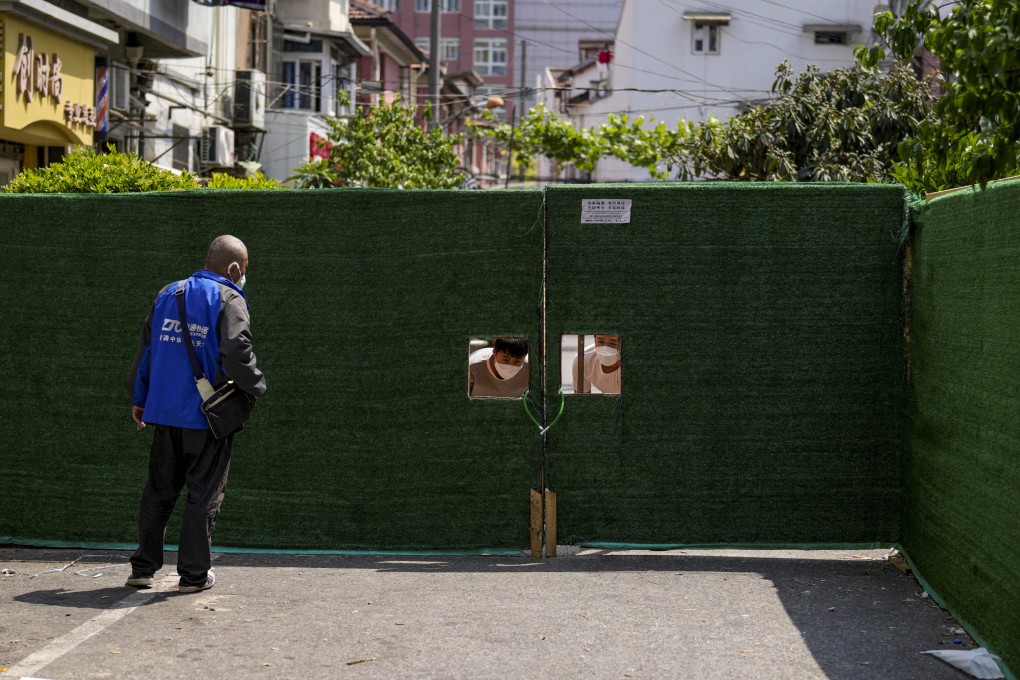Advertisement
As I see it | Covid-19 shows China must rethink its reliance on tight, centralised control to solve every problem
- After the country contained the Wuhan outbreak by locking down the city and the rest of the province in 2020, it began to apply the formula to other areas
- But there is a danger in the growing obsession with centralisation
2-MIN READ2-MIN
19

In the past two years, China has gradually built up confidence in its ability to lock down cities, mass test millions of people quickly and keep track of every individual in its fight against Covid-19.
It’s a formula it applied to the rest of the country after successfully containing the Wuhan outbreak by locking down the city, and later the rest of the province, for more than two months in 2020.
Throughout 2020 and 2022, one city after another was locked down as authorities used a whack-a-mole approach to contain the virus.
China can mobilise all its resources for a single political or policy goal – something that no other country can do.
Advertisement
It is enabled by a rigid social control system.
The country’s neighbourhood committee system oversees every street and residential complex. The decades-old structure was pivotal during compulsory mass testing, compelling people to stay home and aiding the delivery of food to residents.
Advertisement
Technology, such as health code apps and big data via mobile signals, means the authorities can track and restrict the movement of every individual.
Advertisement
Select Voice
Select Speed
1.00x

